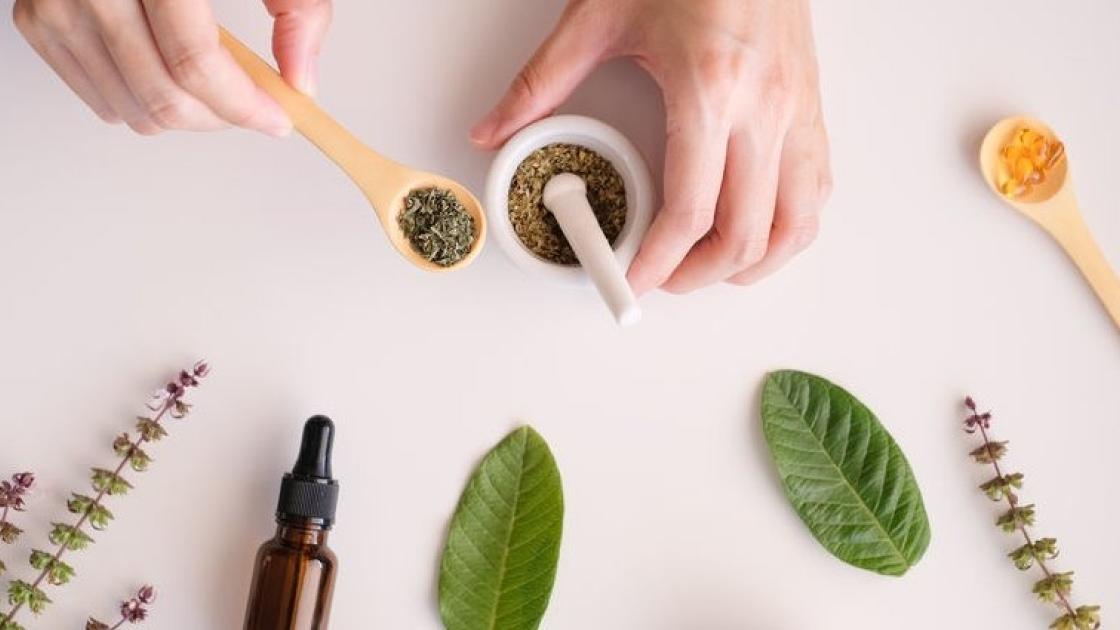
Herbal treatment for menstrual cycle regulation
You might already know that Traditional Asian Medicine (TAM) has a long history. Did you know that this extensive timeline includes the treatment of many women’s health concerns? Some of the complaints worth mentioning are menstrual cramps, premenstrual discomfort and symptoms of peri-menopause such as hot flashes, insomnia and heart palpitations.
When participants of randomized controlled trials of acupuncture for various conditions are asked to record their quality-of-life in journals or questionnaires, there is typically improvement in many aspects of their lives. In practice, our acupuncture patients often feel general life improvement with acupuncture and herbal medicine.
So, for Women’s Health Week 2020, I would like to share with you about two herbs that have been used for women’s health throughout history and up until the present day. Dang Gui (Angelica sinensis) is from the Chinese herbal pharmacopeia and Black Cohosh (Cimicifuga racemosa) is an herb native to North America.
Dang gui works in a way that we call “regulating” in TAM. It might be easy to imagine that PMS or menses happen in a mechanized manner, turning on or off like a faucet. In TAM, when we say “regulate” it means that we are most interested in fine-tuning the faucet handles and how they turn. Dang gui helps improve ease and quality of flow and prevents any excessive action. One example is if your periods were eight days long and painful, an herbal formula containing Dang gui could help shorten the flow time so that you are less burdened by the energy drain of a long, painful period. If your periods were two days long and you want to get pregnant, your TAM practitioner would want you to have a more abundant flow and Dang gui would be included in your formula.
Black cohosh is sometimes called the Native American “Dang Gui.” Black cohosh has been studied alongside Dang Gui and other herbs in the effect on reducing peri-menopausal symptoms. Notably, black cohosh has the distinction of producing a pharmacologically active chemical, 27-deoxyactein, that has been shown in trials to reduce peri-menopausal symptoms. Not all herbs have a single, extractable, molecule that is so easily studied. When you are looking for a supplement, it’s helpful to find a standardized amount of 27-deoxyactein for assurance of efficacy.
While there are some positive functions of these herbs for some women, please note that not all herbs are for everyone. If you’d like to explore if herbs are applicable for your women’s health concern, please talk with your medical practitioner.
In the spirit of Women’s Health Week, SIU Medicine integrative medicine and acupuncture practitioners at the Center for Family Medicine are here for you and your good health!



